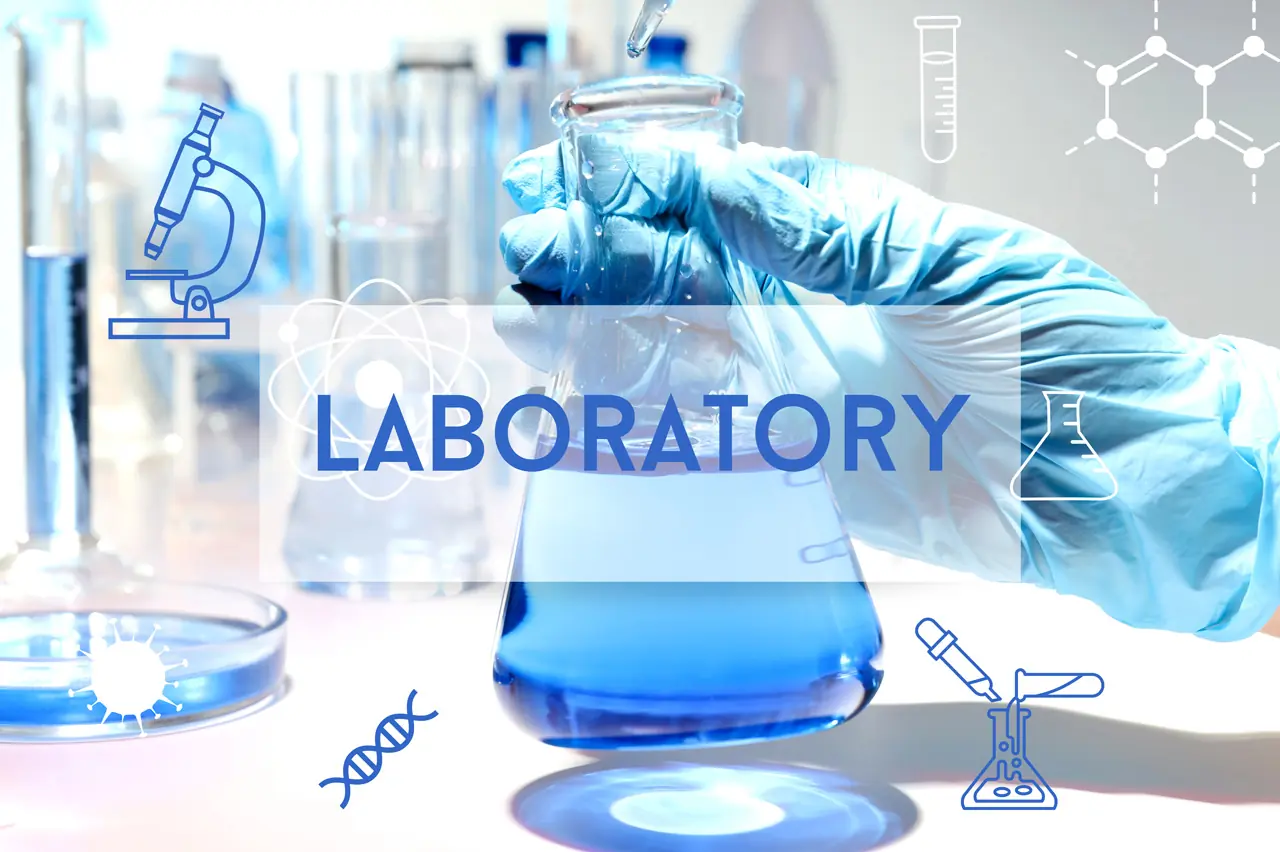1. Client Context & Challenge
A CRO requested the translation of key clinical trial documents into Serbian, Romanian, Hungarian, Slovak, and Slovenian. The package included:
- Protocol Synopsis
- Laboratory Services Agreement
- Pharmacy Services Agreement
- Radiology Services Agreement
- Study Staff Agreement
The challenge was to balance scientific precision in the protocol synopsis with legal accuracy in the agreements, while maintaining consistency across five languages.
2. Our Approach
- Specialized Linguists
Translators with proven experience in clinical trials and legal content were selected. Each linguist completed our Subfield Experience Form, confirming expertise in scientific and contractual translation.
- Terminology Management
A project glossary was created to capture recurring terms (e.g., “Investigational Medicinal Product (IMP)”, “Informed Consent”, “Principal Investigator”).- Glossaries and TMs were continuously updated throughout the project.
- Workflow: Translation + Revision compliant with ISO 17100
Each document underwent two steps:
- Translation by a subject-matter expert.
- Revision by an independent linguist, ensuring accuracy, clarity, and compliance with the Life Sciences Style Guide.
- In-Country Review
For certain terms and contractual wording, in-country client representatives reviewed and confirmed terminology. This ensured alignment with local regulatory language and accepted legal/clinical phrasing.
- Formatting & Style Compliance
- Numbers: Localized decimal/thousand separators.
- References: Citations and bibliographic entries left untranslated, per guidelines.
- Capitalization & Punctuation: Adjusted to each target language’s norms
3. Document-Specific Highlights
- Protocol Synopsis
Applied previously approved translations of study titles where available. Used short, clear sentences for readability (aligned with style guide rules for patient-facing sections).
- Laboratory Services Agreement
Maintained legal contract phrasing while adapting laboratory terms (e.g., “specimen handling”, “chain of custody”) to standard local terminology.
- Pharmacy Services Agreement
Translated regulatory terms (e.g., “storage conditions”, “dispensing”) consistently with EU clinical trial terminology.
- Radiology Services Agreement
Specialized imaging terms (e.g., “contrast agent”, “computed tomography”) verified against established glossaries.
- Study Staff Agreement
Adapted contractual phrasing to country-specific conventions, with in-country reviewers confirming that wording matched local practice.
4. Results
- Successfully delivered five types of documents in five languages on time.
- Ensured terminological and stylistic consistency across both scientific and legal content.
- In-country review provided extra assurance that terminology and legal expressions reflected accepted local usage.
- The client reported smooth regulatory acceptance and ease of use by local sites.
5. Key Takeaways
- Applying a style guide ensures accuracy, clarity, and compliance across diverse document types.
- Translation + Revision workflow provides both linguistic accuracy and subject-matter validation.
- In-country review strengthens reliability by aligning terminology with local practices.
- Continuous glossary/TM updates guarantee consistency in multi-document, multi-language projects.
Planning a multilingual clinical trial documentation project?
Let’s connect — we’d be glad to support your next project with clarity, consistency, and confidence.
info@nntranslations.com
We’re always looking to refine our approach.
What strategies have helped you ensure quality, consistency, and compliance in your multilingual clinical or regulatory documentation projects?
